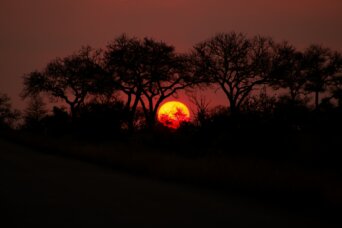- About
- Topics
- Story
- In-Depth
- Picks
- Opinion
- News
- Donate
- Signup for our newsletterOur Editors' Best Picks.Send
Read, Debate: Engage.
| topic: | Indigenous people |
|---|---|
| located: | Democratic Republic of the Congo |
| editor: | Bob Koigi |
The recent spate of attacks targeting the Batwa indigenous population that resides in the Kahuzi-Biega National Park in the Democratic Republic of Congo has brought to the spotlight the litany of woes that indigenous communities world over continue to be subjected to, even as governments and the international community voice their support for their struggles.
Numerous reports have documented the atrocities meted out on the Batwa people in an attempt to drive them away from a place they have called home for decades. The 6,000 square kilometre park, which is also a UNESCO heritage site, has provided a source of livelihood, shelter and heritage to the now-threatened community.
Gang rape, torture, arson and murder - including that of children - have occurred in the guise of biodiversity conservation.
Minority Rights Group (MRG), an NGO, has documented violent, heart-wrenching cases in the region since 2019. In one report, the organisation noted that park rangers and Congolese soldiers were responsible for killing at least 20 Batwa people, gang raping 15 women and displacing hundreds after torching their villages.
Yet indigenous communities play a pivotal role in protecting biodiversity, heritage sites, flora and fauna. Indeed, sustainable conservation cannot happen without involving local and indigenous communities and ensuring that their rights are respected and protected.
Which is why the atrocities at Kahuzi-Biega National Park must be condemned and the perpetrators brought to justice. The international community must also stand firm in calling for the return of the Batwa people to their rightful home, while advocating for the respect and protection of the rights of indigenous people globally who remain threatened.
Photo by Deborah Varrie

